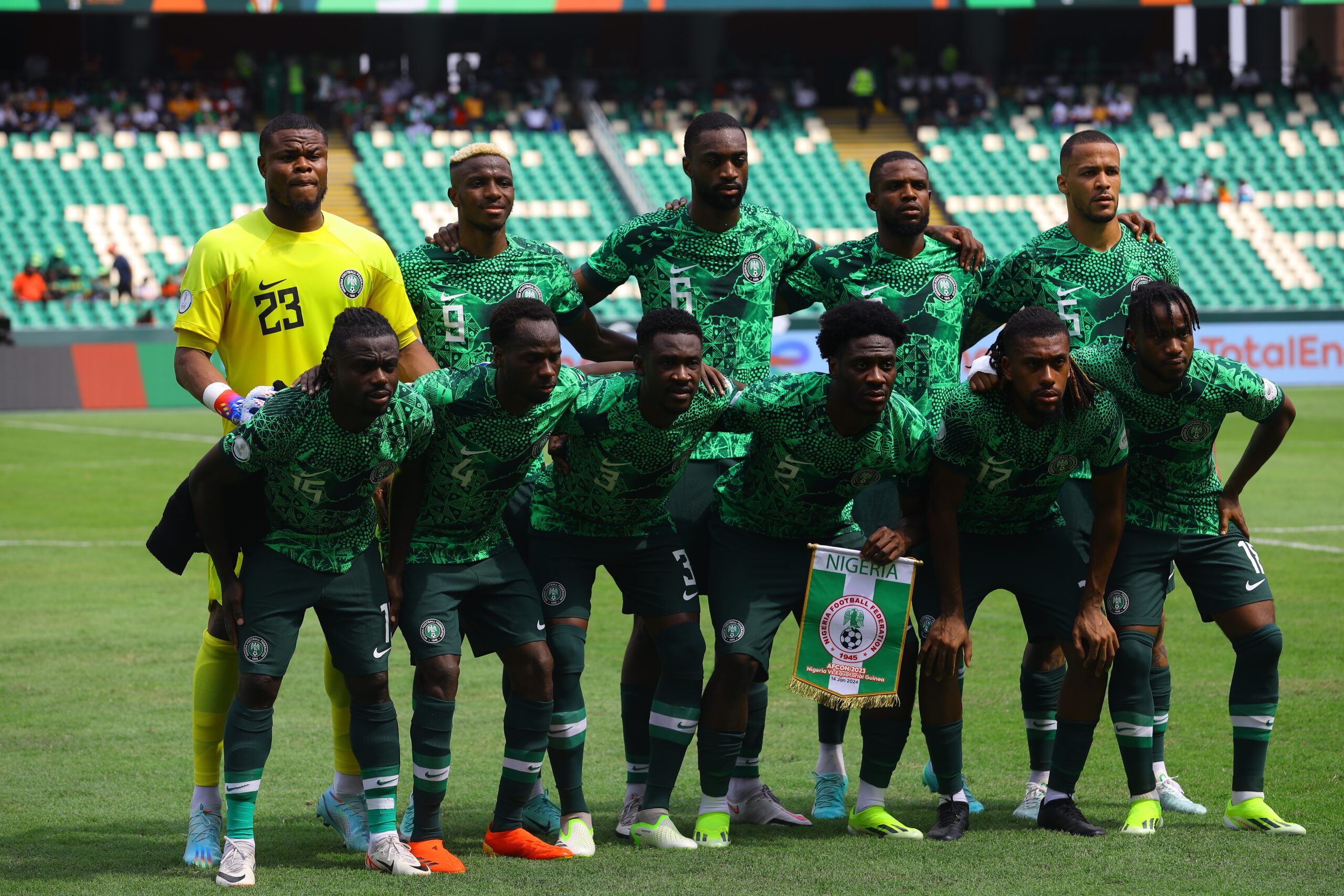Super Eagles Threaten Boycott After 12-Hour Ordeal at Libyan Airport
- Home
- Super Eagles Threaten Boycott After 12-Hour Ordeal at Libyan Airport

Super Eagles Threaten Boycott After 12-Hour Ordeal at Libyan Airport
Stranded Without Food or Water, Team Captain Calls for Nigerian Government Intervention
The Nigerian national football team, the Super Eagles, has announced plans to boycott their upcoming Africa Cup of Nations (AFCON) qualifier against Libya after being stranded for over 12 hours at Al Abraq International Airport in Libya. The players endured the ordeal on Sunday night after their flight was unexpectedly diverted from Benghazi, their original destination.
Forced Diversion and Stranded Overnight
The squad, traveling for their Tuesday match, was forced to land at Al Abraq International Airport, which is primarily used for hajj operations. The Nigeria Football Federation (NFF) confirmed that the plane was diverted at the last minute, just as it was preparing to descend into Benghazi.
According to NFF, the Libyan authorities offered no explanation for the change and did not provide transportation or reception for the players, leaving them stranded overnight.
Super Eagles Captain Speaks Out on Social Media
Team captain William Troost-Ekong, visibly frustrated by the situation, took to social media platform X (formerly Twitter) early Monday morning to condemn the treatment and announce the players’ intention to forgo the qualifier match.
“12+ hours in an abandoned airport in Libya after our plane was diverted whilst descending. The Libyan government rescinded our approved landing in Benghazi with no reason,” Troost-Ekong wrote.
The former Watford defender criticized the conditions, saying: “They’ve locked the airport gates and left us without phone connection, food, or drink. All to play mind games.” Troost-Ekong also revealed that their Tunisian pilot struggled to secure rest accommodations and was forced to sleep on the plane. “He could sleep there, but NO NIGERIAN crew members allowed,” he added.
The captain further expressed concerns about the team’s safety, stating: “Even if they decide to allow this kind of behaviour, let them have the points. We will not accept to travel anywhere by road here, even with security—it’s not safe. We can only imagine what the hotel or food would be like given to us IF we continued.”
NFF Releases Statement Amid Ongoing Crisis
In a formal statement, the NFF criticized the Libyan Football Federation’s failure to meet basic hosting obligations. “Fatigued players and officials have remained nonplussed as the host Libyan Football Federation failed to send any reception team or even vehicles to take the delegation members from the airport to their hotel, said to be three hours away in Benghazi.”
The federation added that they had arranged alternative transport, but those plans fell apart following the sudden diversion of the aircraft. The NFF confirmed that players have resolved not to play the match, while officials are now working to arrange a flight back to Nigeria.
AFCON Campaign in Jeopardy
The Super Eagles were coming off a 1-0 victory over Libya in Uyo, with Lazio midfielder Fisayo Dele-Bashiru scoring the decisive goal late in the game. However, the unexpected airport fiasco and the deteriorating conditions have cast doubt over the second leg of the encounter.
The NFF appealed to the Nigerian government for immediate intervention, urging the Confederation of African Football (CAF) to investigate the matter and take appropriate action. Troost-Ekong underscored the importance of fair play, saying, “We respect our opponents when they are our guests in Nigeria. Mistakes happen, but these things on purpose have nothing to do with international football.”
What Comes Next?
With players refusing to participate under unsafe conditions, Nigeria’s path to the 2025 AFCON could be affected. CAF has yet to respond to the incident, and the future of the match remains uncertain. If the Super Eagles make good on their boycott, Libya could be awarded the points, complicating Nigeria’s qualification campaign.
The standoff raises larger questions about player welfare and travel conditions in African football, putting pressure on CAF to address the issue swiftly and ensure fair treatment for all teams.
- Share

